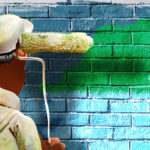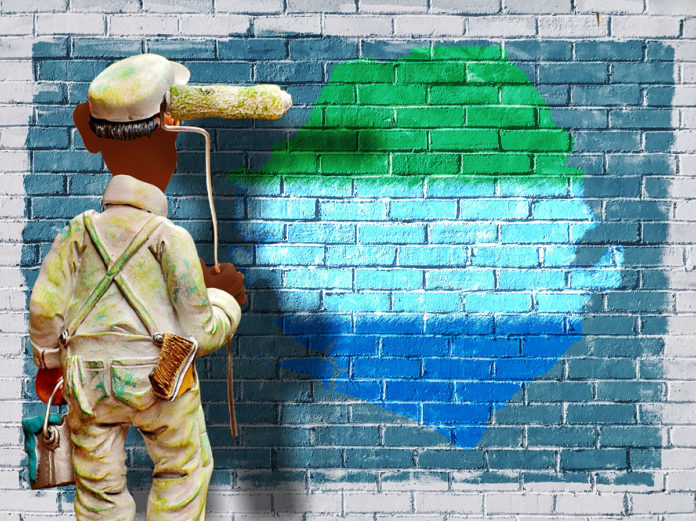
Many considered the current Painter of Thampèreh, a crusader. Others see him as a man who vowed to cleanse the village’s image and bring back donor confidence and trust in its governance system. And he started well in convincing far away kingdoms and the people of Thampèreh that he meant business.
Shortly after taking office, he ordered disciplinary actions on all public sector workers and government ministers who failed to report to their offices from 8:30 AM, their starting time until 4:45 PM, their closing time. He declared a national cleaning day at the appearance of each moon. Instead of hosting in hotels, he ordered ministries, departments, agencies, and other public sector institutions to host workshops, seminars, and conferences in their offices. The objective, he said, was “to save cost and prevent wastage of scarce government resources.” He organized unannounced visits to various offices to see if people complied with his orders.
He even began publishing a list, and the purpose of everyone travelling with him outside the village.
Then his eyes opened.
Equipped with some of the best vuvuzelas, the Painter and his team established an exceptional group of image launderers who helped sell the idea of a reformed Thampèreh to investors, donors, and some of the village’s partners in faraway kingdoms. The Painter’s team spent millions of Thampi Gold Coins through the vuvuzelas who ran a formidable public relations for them. He brought under his arms some of the once reputable civil society organizations in the village to help write colorful and convincing reports on behalf of his administration. He also began drafting new policies and amending existing ones as part of a bigger plan in his renaissance of Thampèreh.
And while this was going on, the Painter acted like a man who walked miles to the river to cleanse his feet, and on his way back home, walked through the river’s pile of mud and carried it with him.
Instead of implementing what the vuvuzelas are projecting to the outside world, the Painter banked on their PR skills as he pillaged the village’s resources. As civil society organizations made a silhouetted image of him outside the village, he mercilessly plundered Thampèreh’s already crumbling economy. He built himself castles and fortresses in the space of forty-eight moon circles while the people perished. The policies became mere pronouncements on paper. He used the fight against corruption to go after his adversaries and anyone who challenged his rule. He launched inquiries into atrocities committed against the people but abandoned the investigations even before getting started.
In a bid to crown himself Bob the Builder, he launched more projects than all the music albums of the village’s artists combined. And like many of those artists whose works never crossed Thampèreh’s borders, no one has seen the finished products of the Painter’s launched projects.
Even when citizens called on him to strengthen the bakeries so that his people could bake bread and negotiate with the herders for the butter, he turned a blind eye to those bread-and-butter issues.
In a recent meeting with some of the village’s herders, where they told him about the challenges the people face, the Painter said he’s only hearing these significant issues for the first time, a complete disconnect from the reality and the people he claimed to serve.
The Painter is on the last lap of his first term, and reality is already kicking in. Like many in Thampèreh would say, the propaganda machine is “pulling smoke,” and it’s time to go back to the people and convince or lie to them about a second chance.

